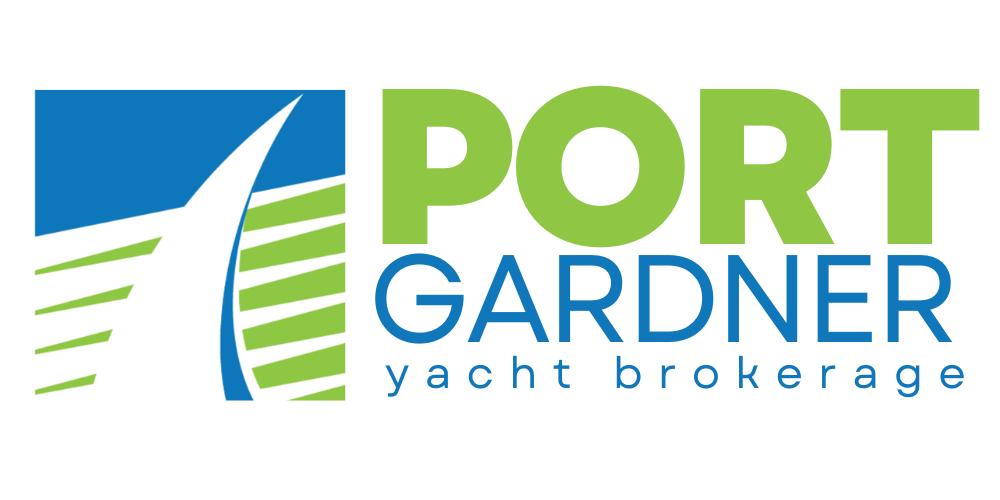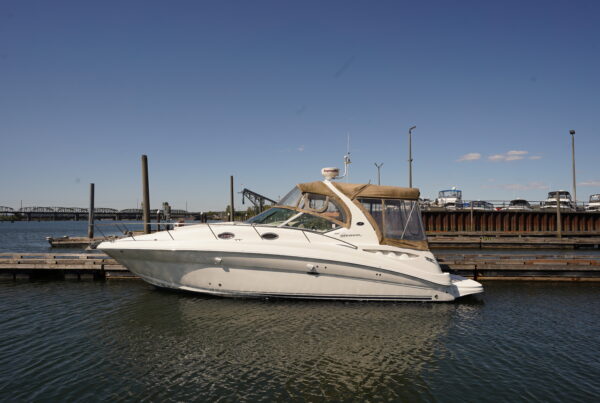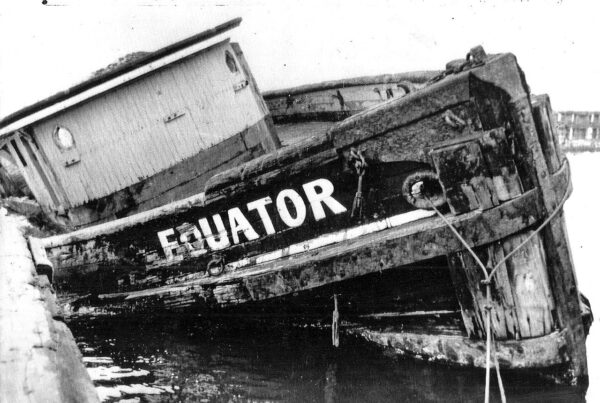When buying or selling a boat, one crucial component to consider is a boat survey. A boat survey is an in-depth inspection of a vessel’s condition, including its structure, systems, and overall safety. In this article, we’ll discuss what marine and mechanical surveys entail and how they benefit both buyers and sellers during a boat transaction.
Understanding Marine Surveys
A marine survey is a comprehensive examination of a boat’s hull, deck, and overall structure, as well as its mechanical and electrical systems. Performed by a qualified marine surveyor, this inspection assesses the condition of the vessel and identifies any potential issues or concerns. Key areas of focus during a marine survey include:
- Hull integrity: The surveyor will inspect the hull for signs of damage, such as cracks, blistering, or delamination.
- Deck and superstructure: The surveyor will assess the deck’s condition, looking for signs of water intrusion, soft spots, or damaged fittings.
- Rigging and sails (for sailboats): For sailboats, the surveyor will inspect the rigging and sails, checking for wear, damage, or potential safety concerns.
- Safety equipment: The surveyor will evaluate the presence and condition of essential safety equipment, such as life jackets, flares, and fire extinguishers.
- Mechanical systems: The marine surveyor will inspect various mechanical components, including the propulsion system, fuel and exhaust systems, and steering and control systems.
- Electrical systems: The surveyor will assess the vessel’s electrical systems, checking for proper wiring, functioning electronics, and overall safety.

Understanding Mechanical Surveys
A mechanical survey specifically focuses on a boat’s engine and its overall condition. This inspection is typically performed by a qualified marine mechanic or technician and may be a separate component of the overall boat survey. Key areas of focus during a mechanical survey include:
- Engine condition: The surveyor will examine the engine for signs of wear, damage, or potential issues, and may perform compression tests or oil analysis to assess its overall health.

The Benefits of Boat Surveys for Buyers and Sellers
A boat survey offers invaluable insights for both buyers and sellers:
- Objective assessment: A survey provides an unbiased evaluation of a boat’s condition, helping buyers make informed decisions about their potential purchase. This objective assessment can offer peace of mind for buyers, knowing that they are investing in a vessel that has been thoroughly inspected by a professional. For sellers, a boat survey provides an opportunity to showcase their vessel’s strengths and address any potential issues before listing it for sale. This transparency can lead to a smoother sales process and an enhanced reputation as a trustworthy seller.
- Price negotiation: A survey can uncover issues that may affect a boat’s value, providing leverage for buyers when negotiating the purchase price. If problems arise during the inspection, buyers can use this information to request a lower price or ask the seller to address the issues before finalizing the sale. For sellers, proactively addressing any potential problems identified in a survey can help maintain the boat’s value and prevent potential buyers from using them as a bargaining chip during negotiations.
- Safety and peace of mind: A thorough inspection ensures that buyers invest in a safe and seaworthy vessel, promoting peace of mind when embarking on their boating adventures. Knowing that a professional surveyor has examined the boat can alleviate concerns about potential issues arising during future outings. For sellers, providing a comprehensive survey to potential buyers showcases their commitment to transparency and demonstrates that they have maintained the boat to the best of their ability, fostering a sense of trust and confidence in the vessel’s overall condition.
- Financing and insurance: Many lenders and insurance companies require a boat survey to assess the vessel’s condition and value before approving financing or insurance coverage. Having a recent survey on hand can streamline the financing and insurance application processes, saving both buyers and sellers time and effort. For buyers, this information may help secure better interest rates and insurance premiums, while sellers can use the survey to demonstrate their vessel’s value and overall condition to potential lenders and insurers.
A boat survey is a vital aspect of buying or selling a vessel. Marine and mechanical inspections offer an objective assessment of a boat’s condition, benefiting both buyers and sellers during a transaction. By investing in a comprehensive survey, you can ensure a fair and informed sales process, promote safety, and facilitate smoother financing and insurance transactions, ultimately contributing to a successful and satisfying boat buying or selling experience.
Visit our listing page to look through our current inventory.




